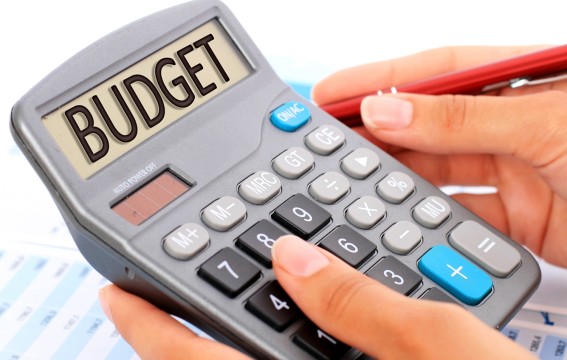How would you recommend handling a sudden drop in disposable income? How can I handle suddenly having less money and learn to make sacrifices in the best way?
When circumstances change and income suddenly drops, possibly due to job loss or a change in working hours, it can be hard to face the new reality. Suddenly we’re faced with a change in lifestyle and it can be difficult to know what to cut from the budget, what to hold onto, and what to adjust.
In my opinion, the first thing to do is pause and figure out what your budget has been, up to this point. Create a list of monthly expenses and how much each thing costs. Try to get an idea of how much you have been spending recently.
Next, take a look at how much income you’re going to have coming in. If you are going to have an income that is pretty close to your regular, monthly expenses, then you can just make small changes. You can work on reducing small, repeating costs and look at downsizing or reducing expenses you need to keep.
If you look at your new income and find it is quite a bit lower than your recent expenses then it’s time to make some difficult decisions. I recommend starting fresh, beginning with identifying your key needs. Try to make sure you have food and shelter covered. Then, as your new income level allows, add items to your budget that would be highly useful or necessary for you to maintain your health, look after your family, and keep your job.
This is going to be a difficult task, narrowing your focus from the wants and needs you’ve been purchasing up until now, to just the necessities you can afford to get by. It’s not easy to shift your lifestyle down to a lower level. However, while it is difficult, there is an opportunity here.
Many of us, over time, accumulate stuff, habits, and services. Things we don’t need and maybe don’t even really use anymore, but still keep around and continue to pay for. These things often have relatively low costs and we might not think about them, but they can add up over time. When going over budgets with people something I often find is many of these little, mostly forgotten things, adding up.
For instance, maybe you have a bank account that is almost never used anymore, but the bank still charges $10 per month to keep it open? Or maybe you buy a coffee or snack every day at work, but could bring a cheaper treat with you from home? Maybe you have a Netflix subscription that is rarely used, but still costs $15/month? I’ve met people who had cars that were never used anymore, but still insured; people who had storage lockers for stuff they didn’t throw away yet; phone plans that offered twice as much data (at twice the price) as they used. Little things like this can add up to hundreds of dollars a month and can often be the first things to be cut from a budget, with very little loss in lifestyle.
In short, while downsizing a budget is hard and often painful, this is also a chance to clean house, so to speak. It’s a chance to identify things which have been weighing on your budget and slowly draining your bank account. Finding these items and downsizing or removing them is a good way to plug the leaks in your budget.
Once you have your new budget, the only remaining tricky part is to stick to it. Early on it can be difficult to get used to the more strict lifestyle, especially if impulse purchases were normal in the past. Try to remind yourself to pause before buying new things and question whether the potential purchase is something you really need. Try to keep your new budget in mind whenever you’re out shopping.
You may also want to check out our list of budgeting tips for more ideas on how to stay within your new income.

Comments are closed, but trackbacks and pingbacks are open.